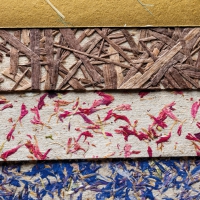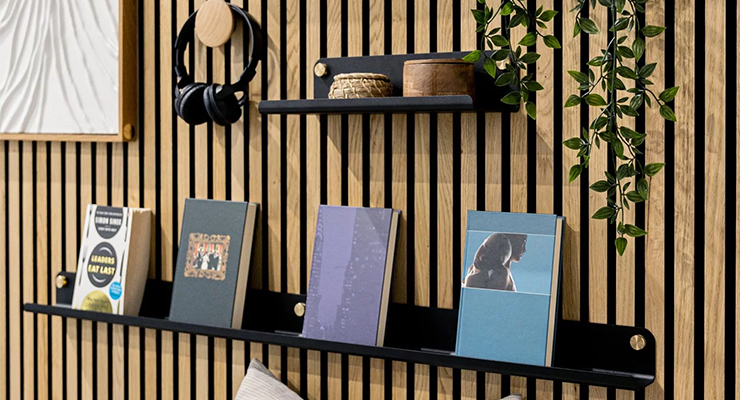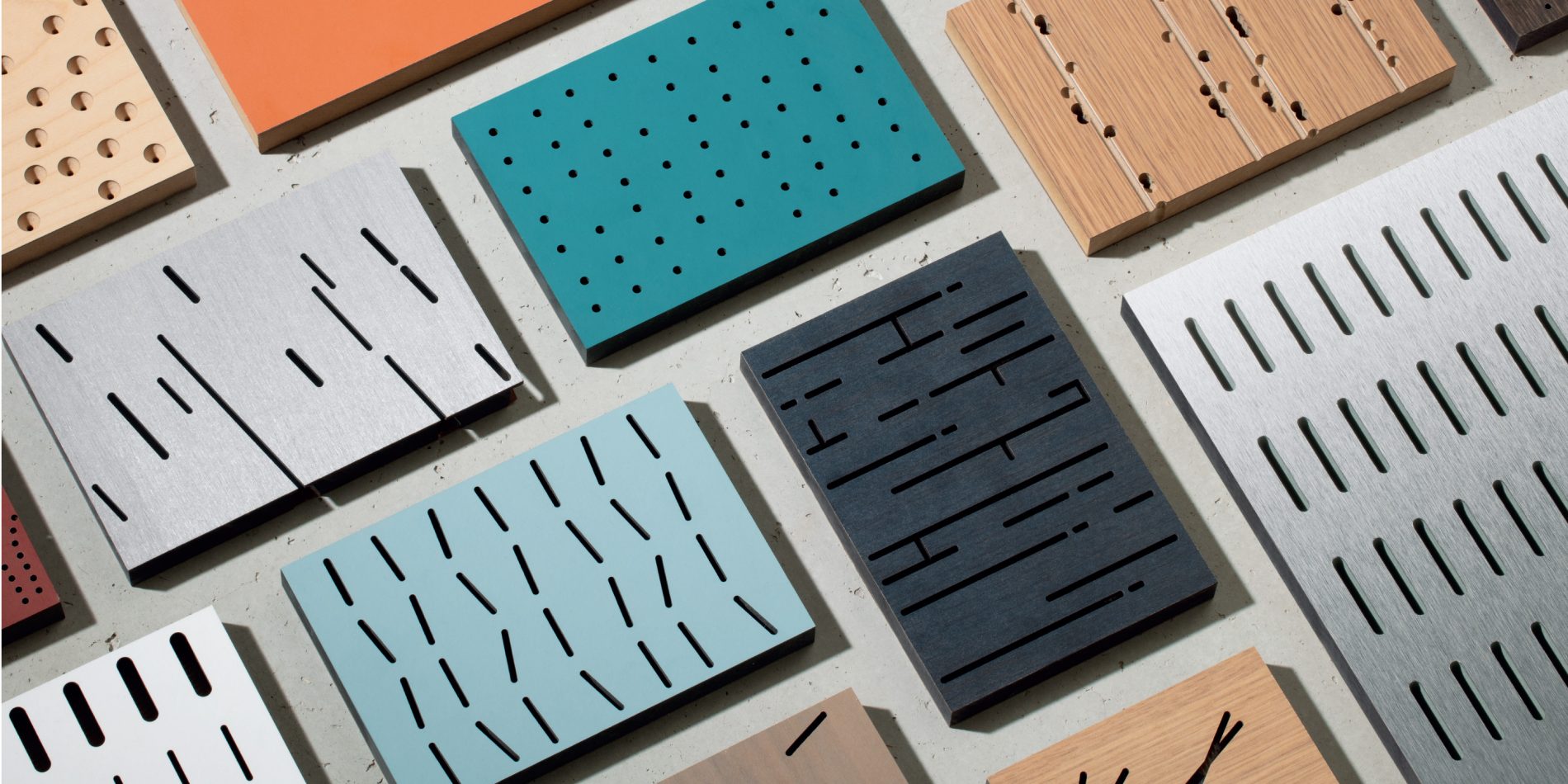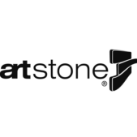Tectonique 5.5
Description
Tectonique 5.5
A 3D suspended ceiling system for creating new rhythms
Continent
The continental plates which form the surface of these models, drift and divide to offer graphic ceilings with flat surfaces.
Plaque
Fissure
Strate
Décrochement
Dérive
Bloc
Faille
These breaks in the ground trigger vertical displacements of independent plates. The ceilings rise and fall to form landscapes of differing altitudes.
Plateau
Brèche
Rupture
Affaissement
Extension
Dislocation
Éruption
The magma thrust results in real explosions which tear apart the surfaces and give rise to a series of ceilings to rugged terrain.
Volcan
Dorsale
Rift
Magma
Cratère
Séisme
Glissement
The movement of the plates through slipping generates ceiling structures with dizzying slopes. The blocks overlap, collide and seem always in motion.
Soulèvement
Convergence
Collision
Friction
Frottement
Tremblement
System
An original patented mounting system
Central to Tectonique 5.5’s innovation, the mounting system dreamed up by the 5.5 designers allows you to install tiles that are angled or staggered to create volumes and rhythms, that could, until now only be achieved by costly custom solutions. Tectonique 5.5 is composed of new hangers, hooks and profiles specifically developed and designed for installing all the system’s models.
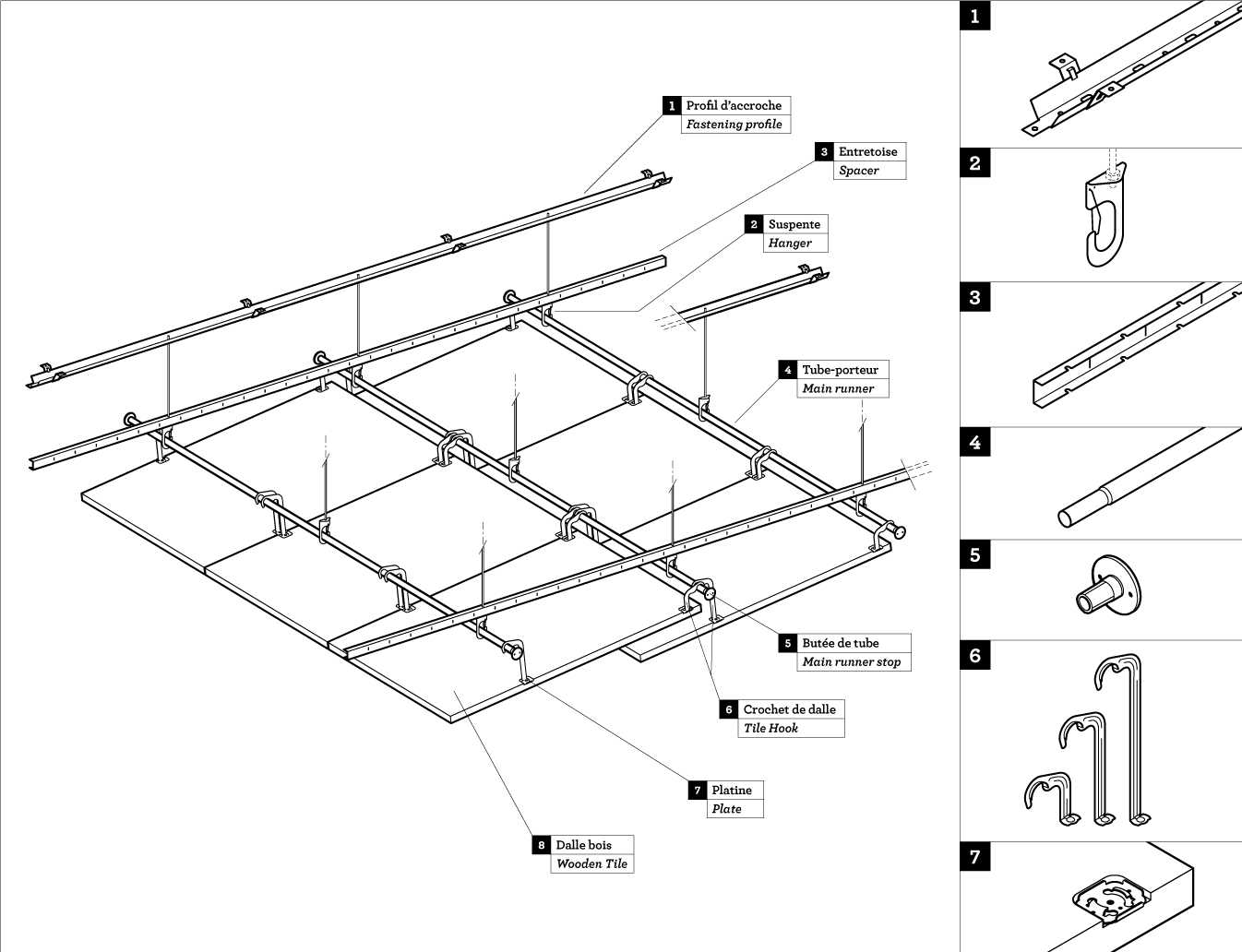
Composition of the Tectonique 5.5 tile
With a new covering and new composition, the Tectonique 5.5 tile meets ambitious size and functional objectives. It benefits from the latest innovations of Oberflex’s research and development department in terms of aesthetics and industrial processes.
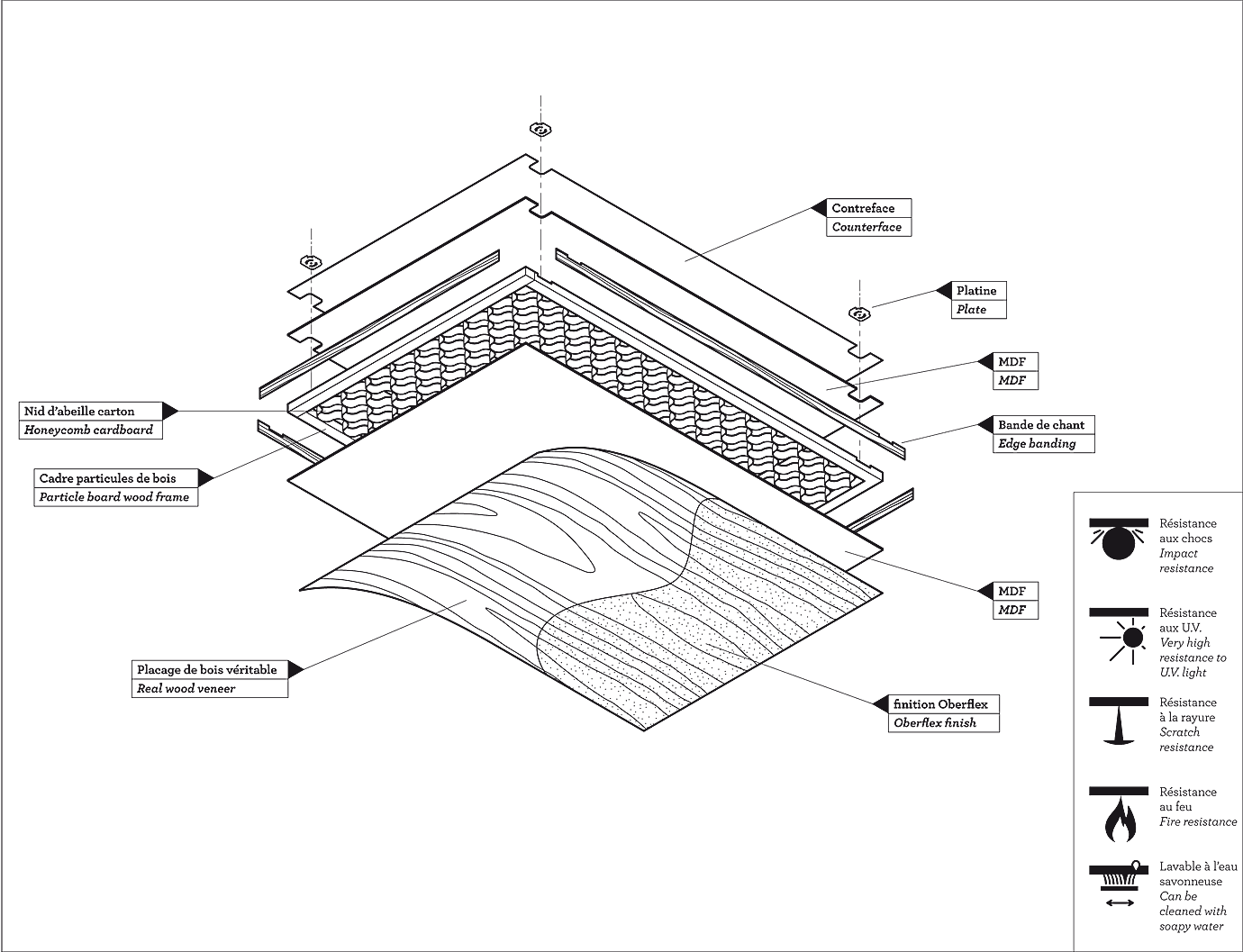
New generation wood veneer laminate
The Tectonique 5.5 tile is covered on its visible face with a real wood, new generation veneer laminate. Phenol-free, the veneer laminate face contributes to controlling the environmental impact of Tectonique 5.5. With an “A+” rating for VOC emissions, the tiles conform to air quality standards.
A brand new composition from Oberflex
The Tectonique 5.5 tile is composed of a particle board wood frame and a honeycomb cardboard body. Thanks to this new composition, it is light and easy to handle, while meeting the challenges of flatness, thickness and stability.
Because its weight has been reduced, the thickness of the tile can be increased to improve the visibility of the sections and enhance the aesthetics of the designs.
Installation
Composed of a patented mounting system and lightened tiles, Tectonique 5.5 is easy to grasp. Installation requires no special tools and all the markers are adjusted and adapted for mounting and removal which is both simple and accurate. An installation guide and a predefined drawing for each model provides fast understanding of the system.
Acoustic qualities
A new approach regarding acoustics of your spaces
Control of a building’s sound quality is obtained by the balance between absorption, diffusion and reflection of the sound. Tectonique 5.5 ceilings, due to their shapes and relief forms, directly influence these three acoustic characteristics. The choice of a model will therefore be made according to its relief and openings, taking into consideration the layout of the space and the acoustic effect being sought.
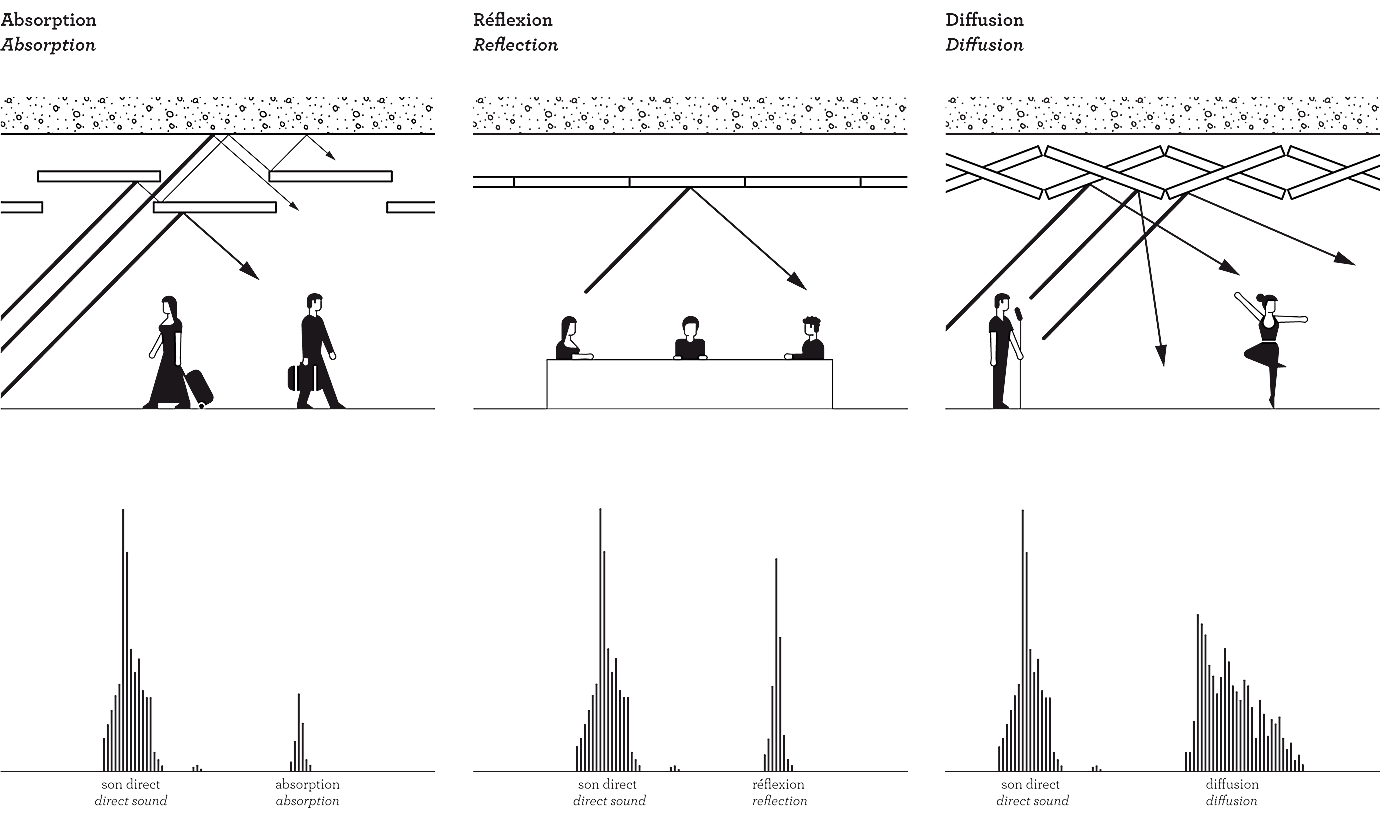
Absorption
Sound absorption is the ability of a wall to partially absorb a sound wave and only to return a part of the energy received to the point of departure. This property thus helps reducing reverberation in a space and increases the acoustic comfort and the intelligibility of speech. The sound absorption of Tectonique 5.5 ceilings, is created by the position of the tiles and the spaces between them and by the characteristics of the material.
Reflection
Reflection is a physical phenomenon by which a surface returns a portion of the sound waves. It is the type of surface and the nature of the material which affect the reflection of a sound wave. The surface of Tectonique 5.5 tiles contributes to controlling sound reverberation. A part of the wave is reflected whereas the other part enters the material.
Diffusion
When a sound wave encounters a flat obstacle, the angle of reflection is equal to the angle of incidence, same as a mirror. If the surface has relief forms and shapes, the obstacle becomes a point of dissemination and the sound wave is sent back in all directions. The relief forms and the changes of planes of Tectonique 5.5 ceilings create this dissemination and limit the areas of focus of the sound and echoes. This more diffuse and homogeneous acoustic enriches the sound balance of the space.
The evaluation of these three acoustic characteristics is provided in the data sheets for each model. These give guidance in aimed at comparing the potential of acoustic correction of one model in relation to another.



